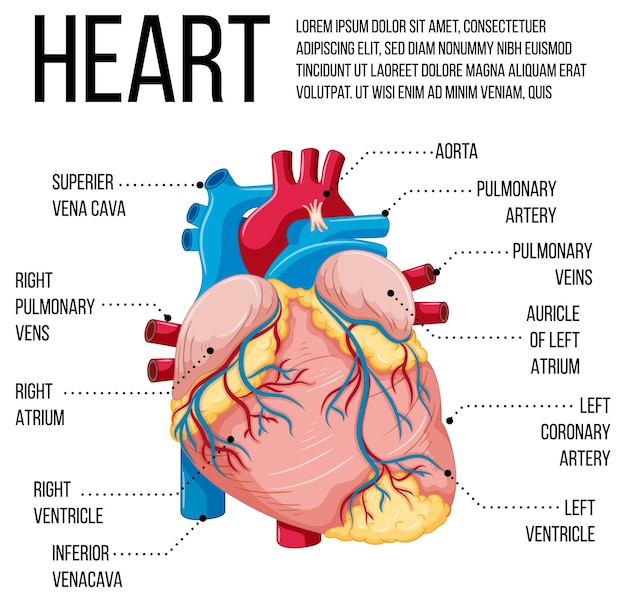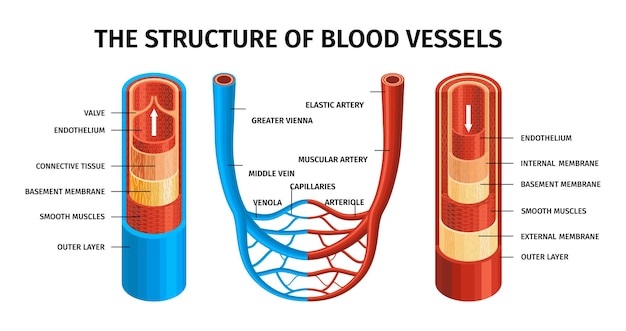Your First Steps to a Healthier Heart: A Beginner’s Guide to Cardiovascular Wellness
Taking care of your heart doesn’t have to be overwhelming. In fact, the journey to better cardiovascular health can start with simple, consistent actions—especially when it comes to cardio. This beginner-friendly guide walks you through actionable steps to support heart health, with clear progress checks to keep you on track.
Why Cardio Matters for Heart Health
Cardiovascular exercise, often called cardio, strengthens your heart muscle, improves circulation, and helps regulate blood pressure and cholesterol levels. Over time, regular cardio reduces the risk of heart disease—the leading cause of death worldwide. The good news? You don’t need to run marathons. Even moderate activities like brisk walking, cycling, or swimming can make a significant difference.

Getting Started: Simple Cardio Options for Beginners
If you're new to exercise, start with low-impact activities that match your current fitness level:
- Brisk Walking: 30 minutes a day, 5 days a week. No equipment needed—just a good pair of shoes.
- Cycling: Stationary or outdoor biking at a comfortable pace.
- Swimming: Gentle on joints and excellent for full-body conditioning.
- Dancing: Fun and effective—try following online videos at home.
- Stair Climbing: Use stairs at home or work instead of elevators.
The American Heart Association recommends at least 150 minutes of moderate-intensity aerobic activity per week for adults. Break it into manageable chunks—like 10-minute sessions—if needed.
Actionable Steps to Support Heart Health
-
Set Realistic Goals: Start with 10–15 minutes of daily movement. Gradually increase duration and intensity.
-
Monitor Your Heart Rate: Aim for 50–70% of your maximum heart rate during exercise. (Estimate max heart rate as 220 minus your age.)
-
Stay Consistent: Choose activities you enjoy to make cardio a sustainable habit.
-
Pair Cardio with Healthy Eating: Focus on whole grains, fruits, vegetables, lean proteins, and healthy fats.
-
Limit Sedentary Time: Stand, stretch, or walk every hour if you have a desk job.
-
Stay Hydrated: Drink water before, during, and after workouts.
-
Get Enough Sleep: Aim for 7–9 hours per night to support recovery and heart function.

Clear Progress Checks: How to Track Your Heart Health Journey
Tracking progress helps maintain motivation and ensures you’re moving in the right direction. Use these simple check-ins:
Weekly Check (Every 7 Days)
- Did I complete at least 150 minutes of moderate cardio?
- Did I stay active on at least 5 days?
- Did I avoid long periods of sitting?
Monthly Check (Every 30 Days)
- Can I exercise longer or with more intensity than before?
- Have I noticed improvements in energy or sleep?
- Have I maintained or improved my blood pressure (if monitored)?
Quarterly Check (Every 3 Months)
- Have I consulted a healthcare provider for a heart health screening?
- Have my cholesterol or resting heart rate improved?
- Am I consistently following a heart-healthy lifestyle?

Overcoming Common Challenges
It’s normal to face obstacles. Here’s how to address them:
- Lack of Time: Break workouts into 10-minute segments throughout the day.
- Lack of Motivation: Find a workout buddy or join a community class.
- Physical Discomfort: Choose low-impact options and consult a professional if pain persists.
- Plateaus: Vary your routine—try interval training or new activities.
Final Thoughts: Small Steps, Big Impact
Supporting your heart doesn’t require drastic changes. By incorporating regular cardio, making mindful lifestyle choices, and tracking your progress, you’re investing in long-term health. Remember, consistency beats intensity when starting out. Celebrate small wins, stay patient, and let your heart reap the rewards over time.
Begin today—your heart will thank you tomorrow.

















